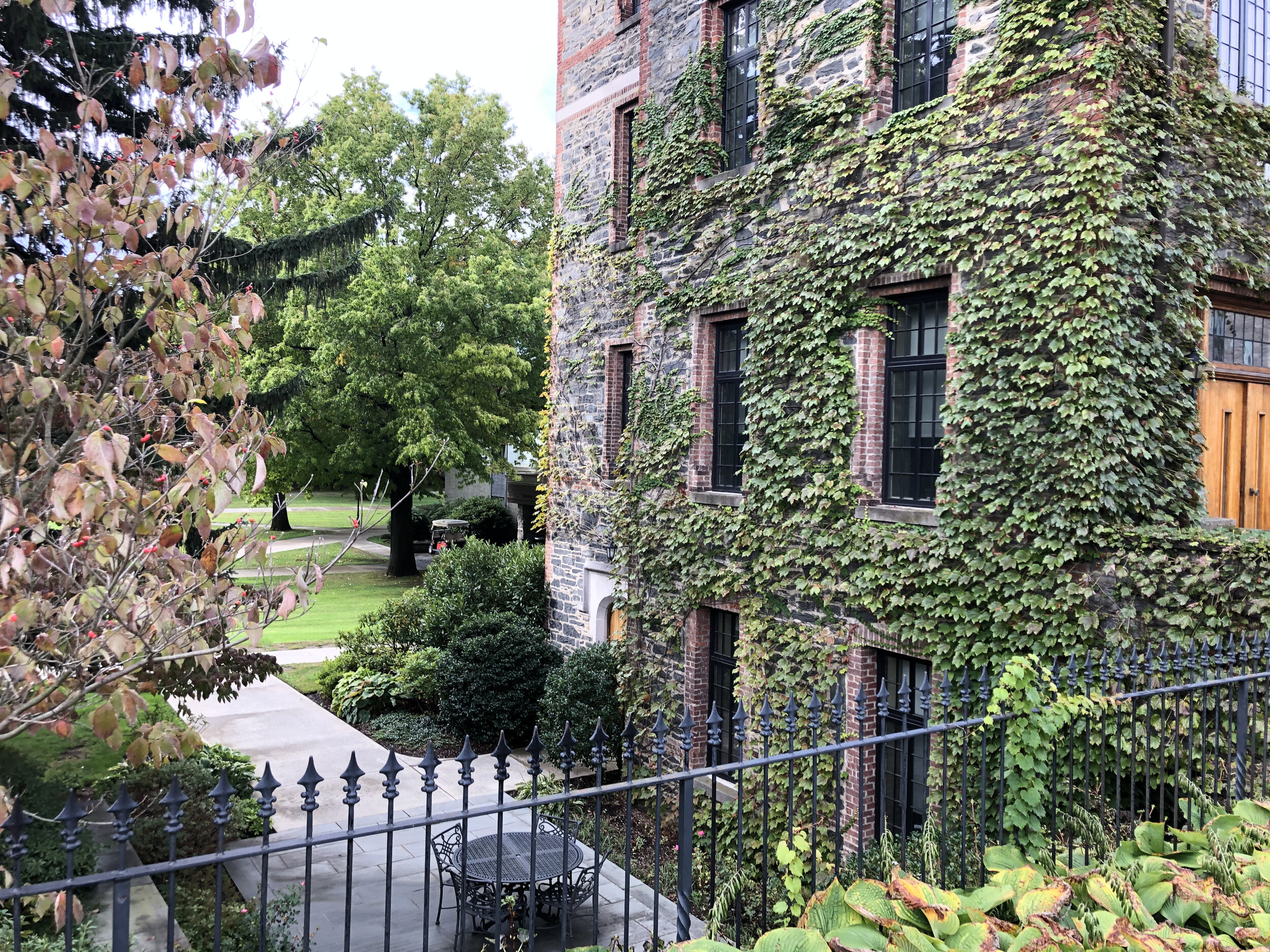Faith in Tenure Restored at Marist After a Nine-Month Delay
Five faculty members at Marist received tenure on Friday, Feb. 5, nine months later than expected.
After five years of teaching, a 50-page written document, reviews from two committees and a dean’s approval, tenure applicants for 2020 finally submitted their applications to the Board of Trustees last May. They waited for a response that would decide the fate of their career at Marist, but no decision came.
That month, tenure applicants received separate phone calls from Vice President for Academic Affairs Thomas Wermuth informing them that the tenure decision would be delayed, apparently due to “uncertainties surrounding the COVID-19 pandemic,” one applicant said. The summer came and went, and the tenure applicants continued to await this career-altering decision –– until Feb. 5.
“A lot of us were wondering, ‘Geez, is this just a short-term thing? Or is it gonna drag on and on and on? What's going to happen?’ The uncertainty is what drives you crazy,” one tenure applicant told the Circle. “So that being resolved is a huge relief.”
Tenure’s history in academia dates back to 1636 at Harvard, but the official standards were established in the modern sense in 1940. The American Association of University Professors defines tenure as “a means to certain ends; specifically: (1) freedom of teaching and research and of extramural activities, and (2) a sufficient degree of economic security to make the profession attractive to men and women of ability.”
In essence, a tenured professor cannot be fired without cause or unless the college undergoes some financial hardship that requires letting go of faculty. When faculty members apply for tenure, they de facto apply for promotion from assistant professor to associate professor, which comes with a raise. While the particular agenda and minutes of Board of Trustees meetings are private, Wermuth attested that the raises were not the primary concern.
“It had to do with...if the college was going to be in trouble, like some of the other colleges apparently were, was it a good idea to make the decision to award tenure to a new group of people if in just a few months we might be terminating people?” Wermuth said. “Which is, of course, not what happened. But that was certainly part of the concern.”
Colleges faced challenges even before the pandemic began –– in the last decade, “30 percent of all four-year schools brought in less tuition revenue per student,” per NBC News. The pandemic exacerbated those strains for many colleges. For instance, Ithaca College cut its full-time faculty by almost a quarter this fall.
Though the pandemic has exacerbated financial strains for many colleges, faculty tenure and promotions were approved at Marist on Feb. 5. Source: Sarah Lynch
The combination of returned housing and residential life money in March and a smaller freshman class this fall presented a challenging financial situation for colleges, and Marist was no exception. When announcing the in-person fall semester this past June, President Dennis J. Murray foreshadowed some “belt-tightening” along with the college’s decision not to raise tuition. While Marist had instituted a hiring freeze due to the pandemic, the college has not laid off any faculty.
“There was never any sense that these folks were not going to continue to be regular, full-time members of the faculty; it was not clear whether or not there was going to be a decision on tenure,” Wermuth said.
Stories of the pandemic’s impact on tenure are rare, but not nonexistent. Both Guilford College in North Carolina and Marian University in Wisconsin laid off tenured faculty in the virus’s wake. At Medaille College in Buffalo, tenure has lost the bulk of its benefit –– tenured professors now “work on three-year renewable contracts, class loads are about 20% larger, and even they can be laid off with two months’ notice.”
“I'm relieved that Marist has stayed the course, and it's reaffirmed their commitment to the tenure process. I think that the tenure remains under threat at other schools, which is not a good thing because, without tenure, you're subject to the whims of whoever's running to the institution at any given time,” one tenure applicant said. “And that's not a good thing for free speech. It's not a good thing for academic integrity.”
Since the ‘70s, tenure has declined at academic institutions –– falling from 70% tenured or tenure-track faculty nationwide to 30% today. But Wermuth said tenure is not currently in jeopardy at Marist:
“In the foreseeable future, Marist has tenured faculty, it has tenure and it’s hiring tenure-track faculty. Tenure is an important component of the college,” Wermuth said.
Dr. Kevin Lerner, a now-tenured associate professor of communication, said that the decision comes as a huge relief after years of working toward this distinction.
“The academic administration has been very supportive of us during this delay, and I always had the sense that they were fighting to get us tenure right from the very beginning. I couldn’t be prouder to be a part of this cohort, and I think we’ve bonded a little bit over the last few months,” Lerner said. “But I think the most important thing is what this says about the future of the college and the tenure-eligible faculty who will follow behind us. This decision gives us some evidence that Marist is committed to recruiting and maintaining the best faculty.”
